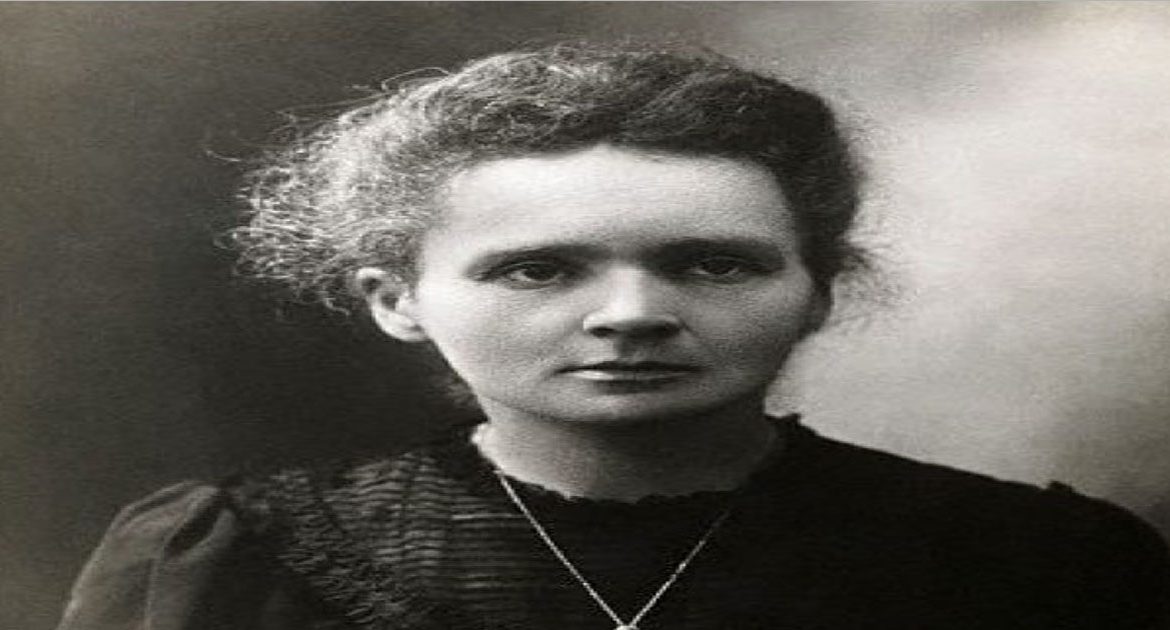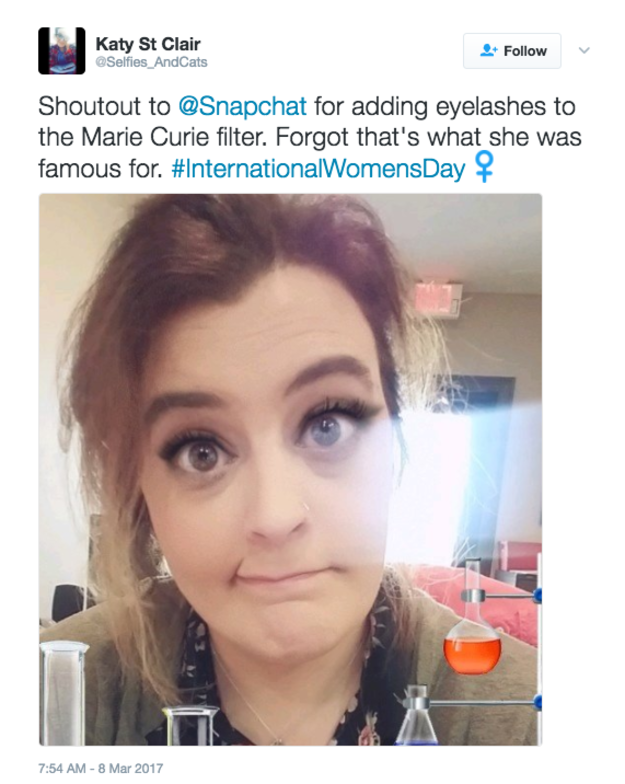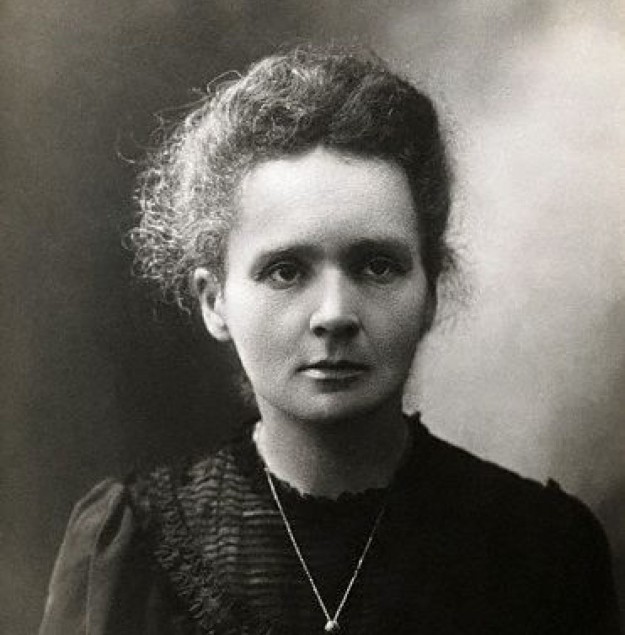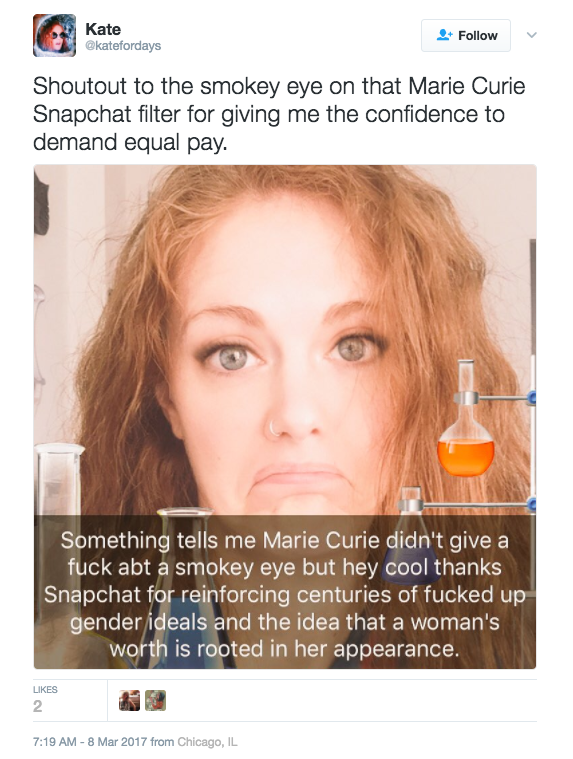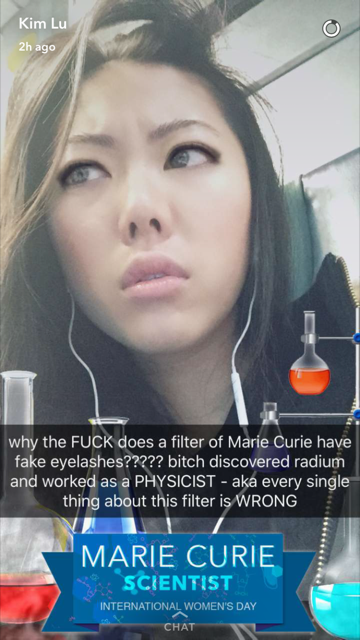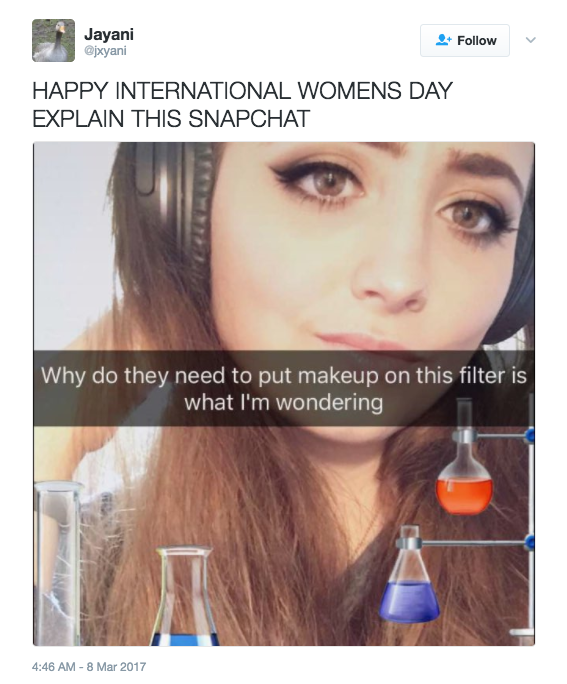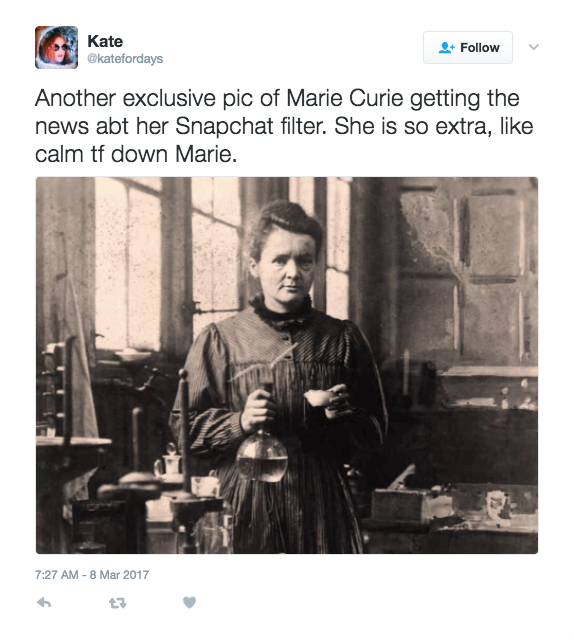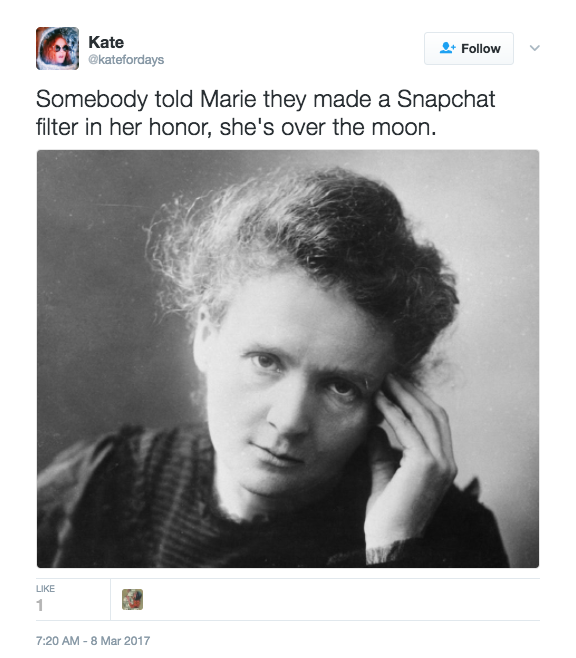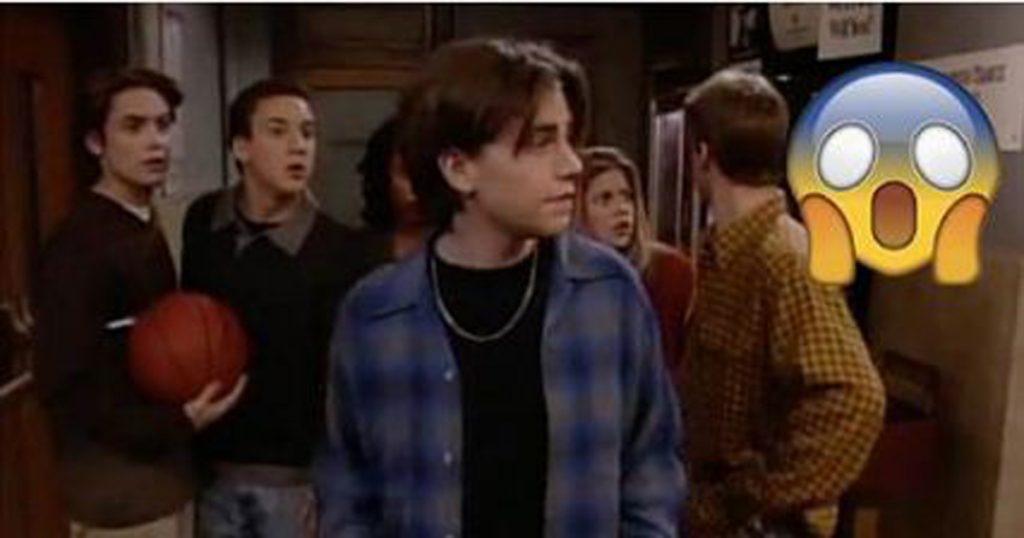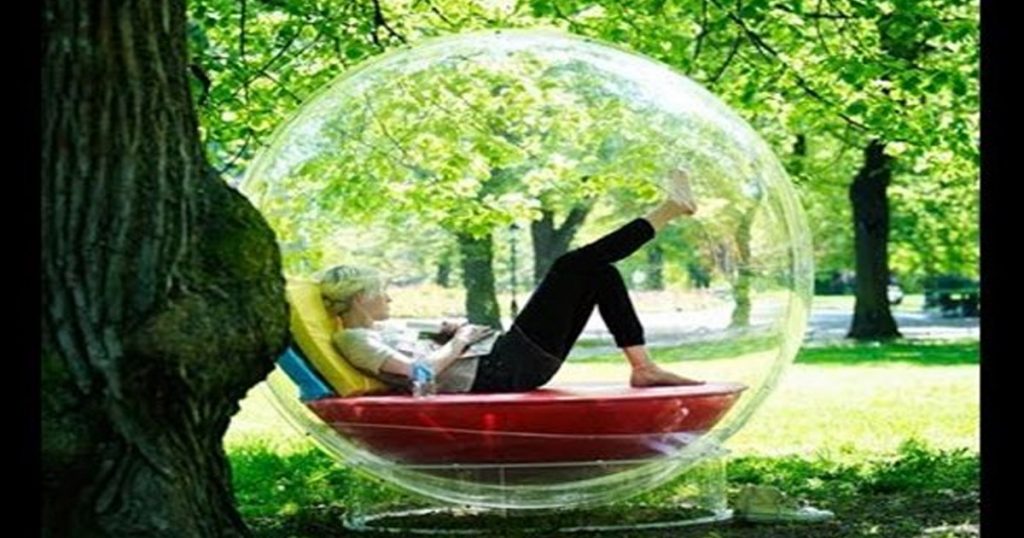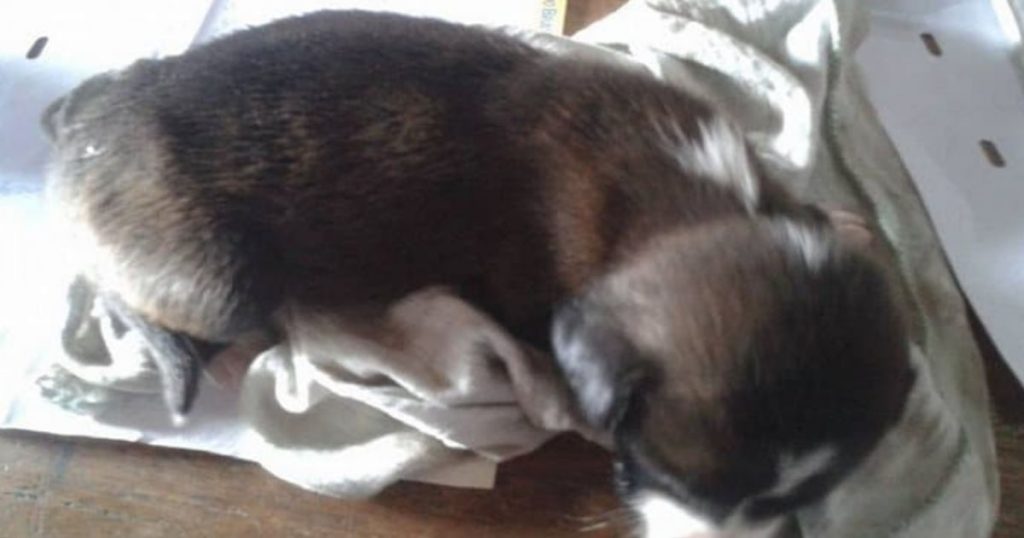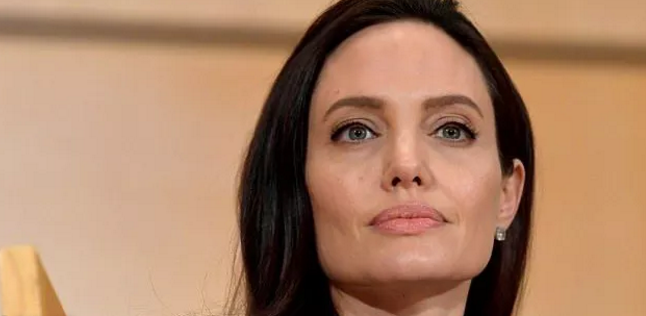In honor of International Women’s Day on March 8, Snapchat released three special filters celebrating Frida Kahlo, Rosa Parks, and Marie Curie.
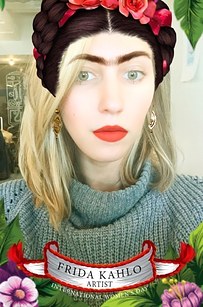
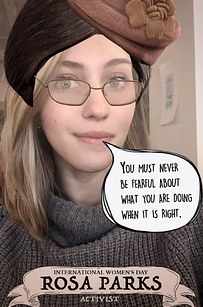
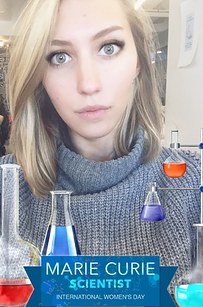
These selfie filters let you “transform” into any one of these three famous women.
For instance, the filter for Frida Kahlo, renowned Mexican painter, features her trademark unibrow, red lipstick, and flower crown.
The filter for Rosa Parks, famous black civil rights activist, features one of her signature hats and glasses, and a quote: “You must never be fearful about what you are doing when it is right.”
And the filter for Marie Curie, the Nobel Prize-winning Polish-born French physicist and chemist, features beakers and a scientific explosion.
But some users have pointed out an odd detail in the Marie Curie filter: a smokey eye, false eyelashes, and complexion-smoothing makeup.
For anyone who isn’t familiar with Marie Curie, she was a Polish-born French physicist and chemist who won the Nobel Prize twice for research on radioactivity.
Curie won the 1903 Nobel Prize in Physics and the 1911 Nobel Prize in Chemistry. She ultimately died due to radiation exposure from her research, and many regard her as a hero in the field of science.
Given her work, many felt the makeup was unnecessary.
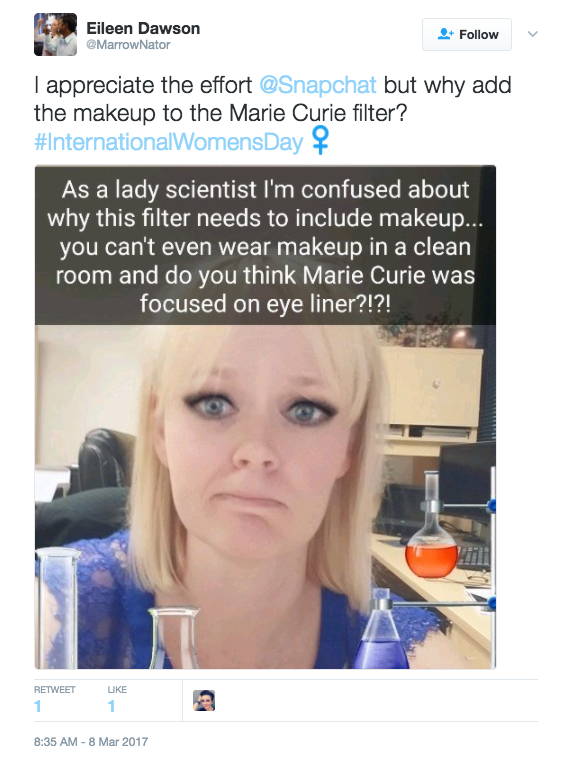
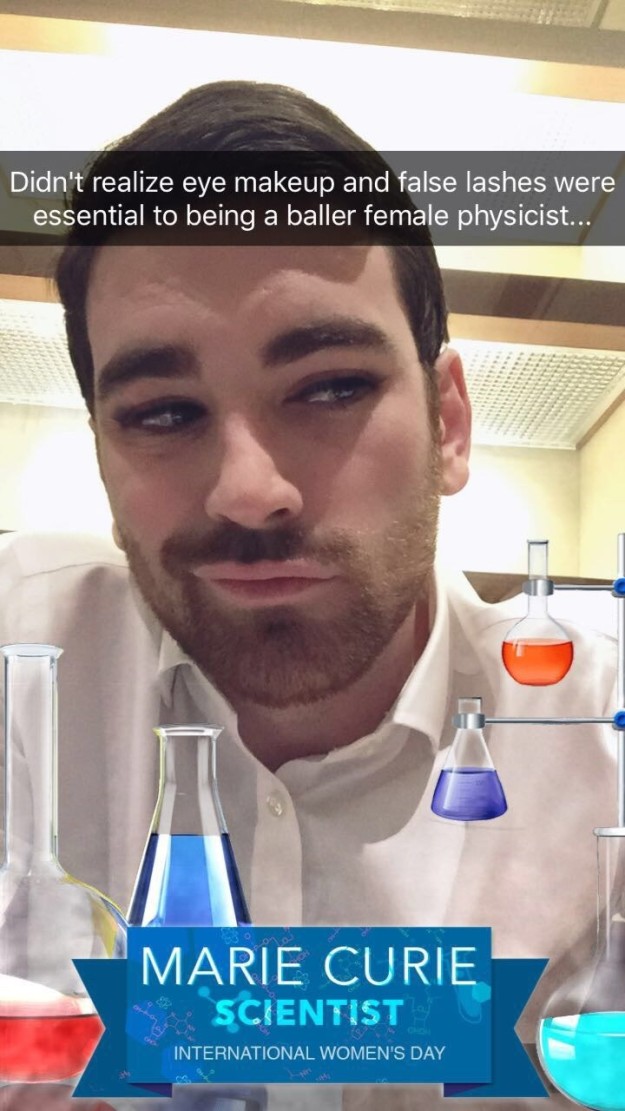
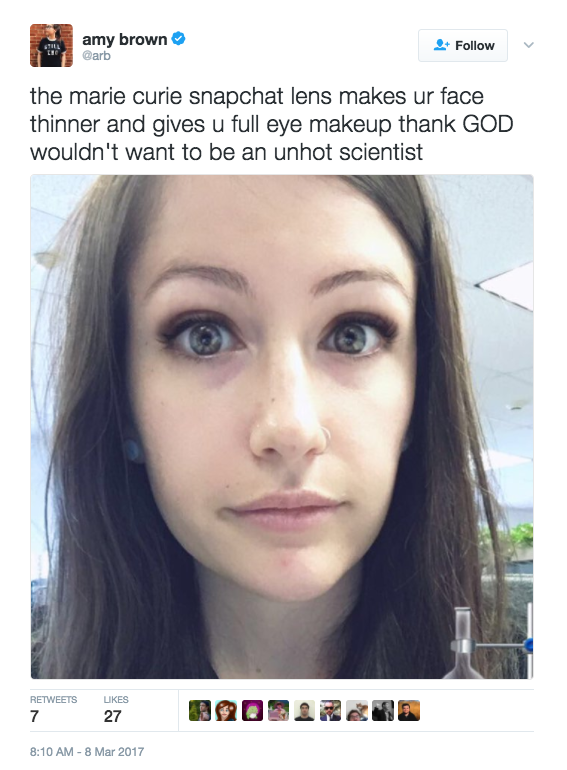
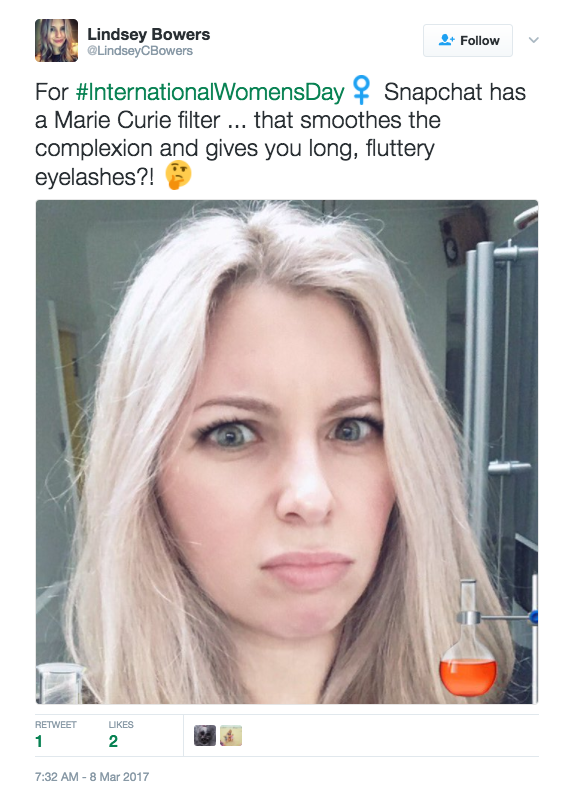
Some felt the added makeup in the filter was counterintuitive to the point of International Women’s Day.
Snapchat has been under fire before for its filters — in 2016, the app released “Bob Marley” and “anime” filters which users criticized for being racially insensitive.
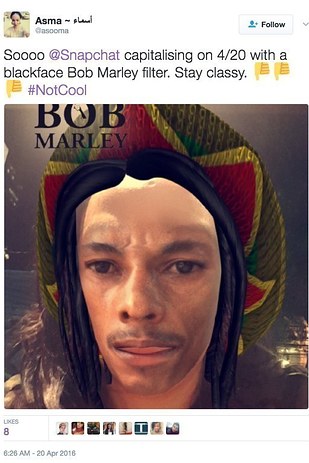
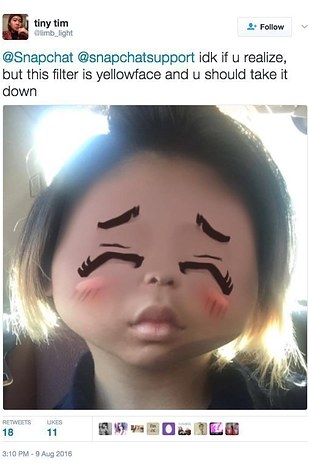
Many people said the Bob Marley selfie lense was highly distasteful and was a form of blackface. Likewise, users complained that the anime filter was an example of yellowface — to which Snapchat responded by removing the filter permanently.
In addition to these promotional filters, BuzzFeed News reported last May that users have complained about many of the app’s normal filters because they appear to favor light skin tones or make faces lighter.
BuzzFeed News reached out to Snapchat, who said they had no comments at the moment.
And as for what Marie Curie would have to say about this? It’s safe to assume she’d probably be too busy making history in her lab to notice…
